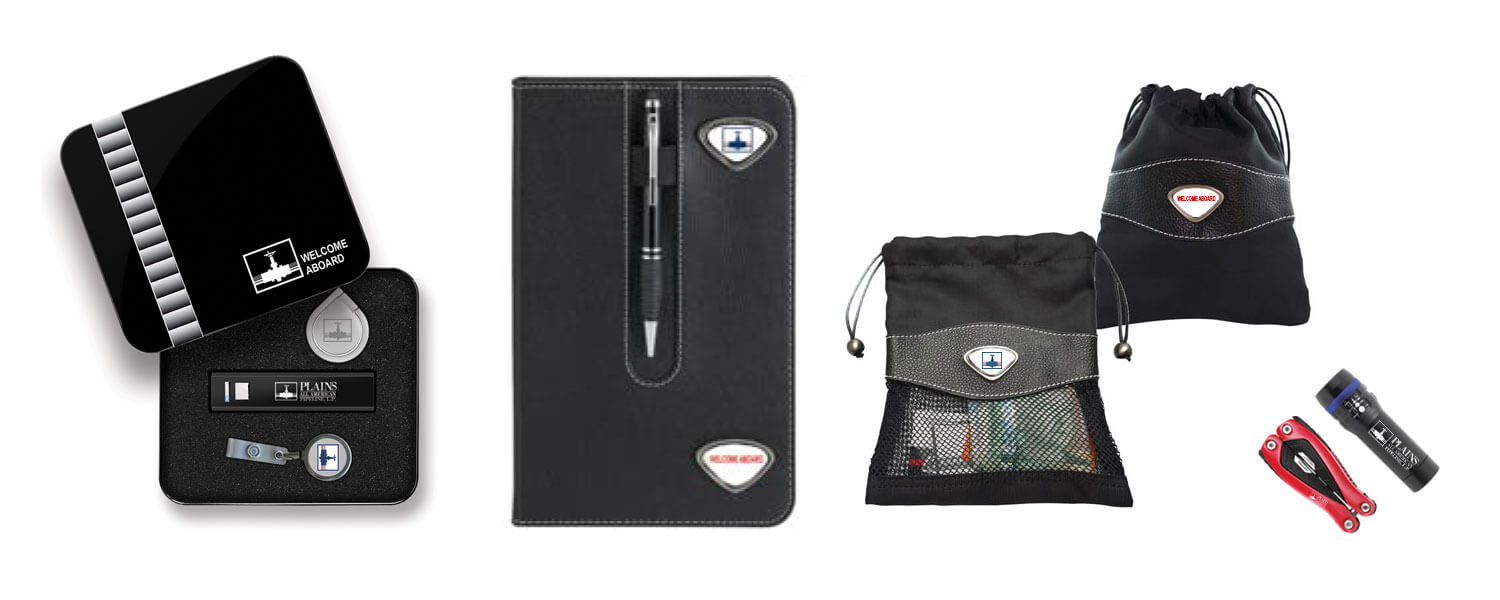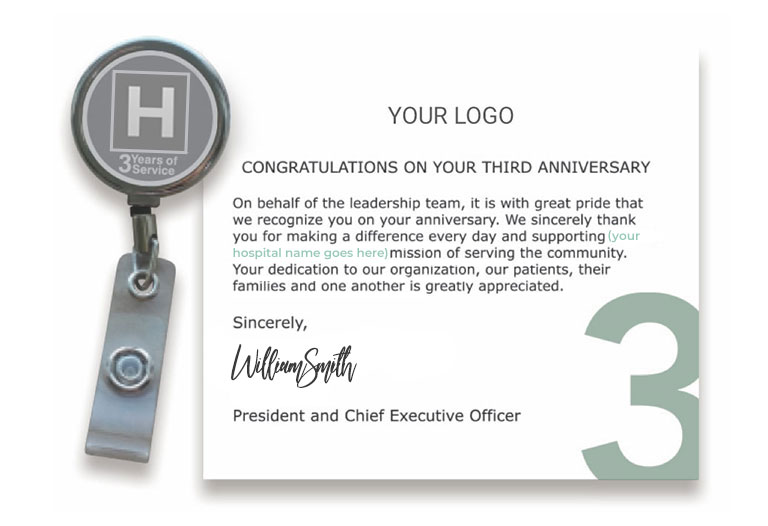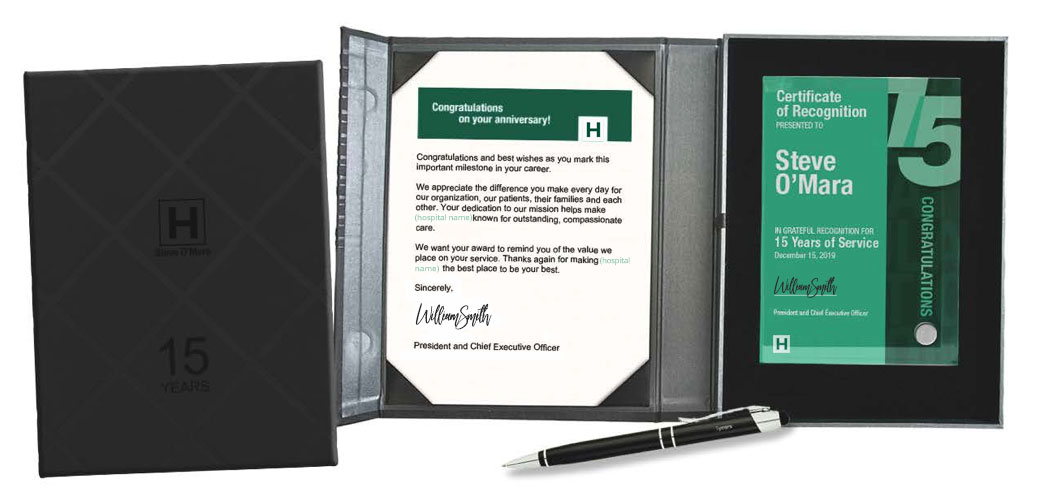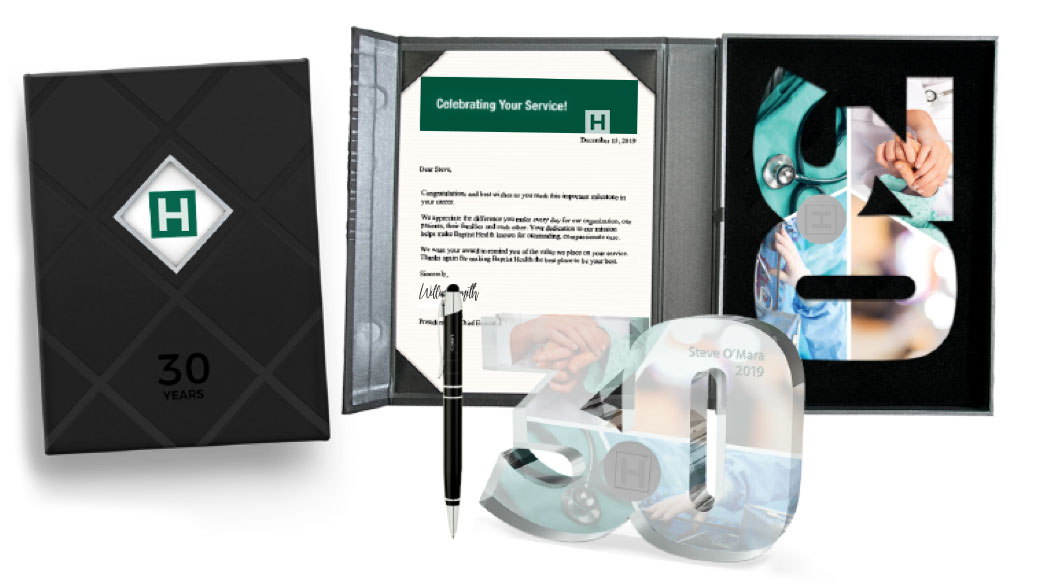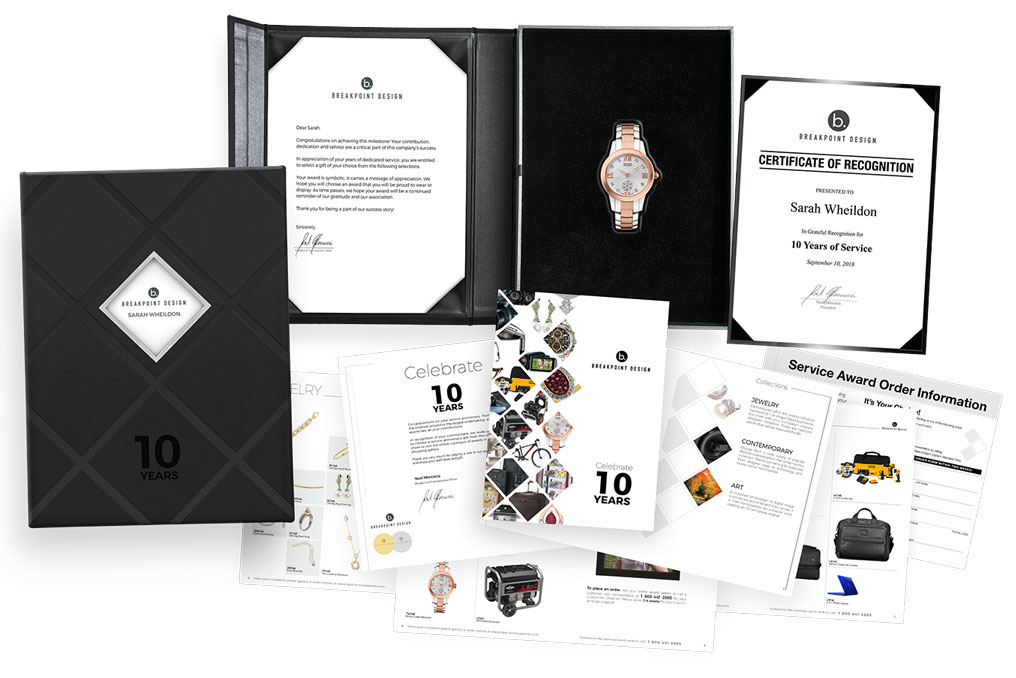Forging Ahead in Solidarity
“Don’t give up. I believe in you all”
Dr. Seuss.
This International Year of the Nurse and the Midwife is unfolding in ways never imagined.
Covid-19 has drastically changed the world. It has also sensitized populations, communities, individuals and all sectors of the economy to their vulnerability.
As a former critical care/emergency room (ER) nurse, supervisor and academic in Canada and the Middle East, I now look back on the SARS (2003) and MERS (2012) outbreaks as “dress rehearsals”.
Despite vast differences in magnitude, mortality and morbidity, important lessons and parallels are evident. Notable is the extraordinary toll global epidemics have on healthcare workers and the risk for short or long-term psychological sequelae.1–7 The enormous emotional and physical demands experienced by front-line staff during this current pandemic require immediate mobilization of personal, organizational, interdisciplinary and community resources.8–11 The need for recognition and support has never been greater.
Why not celebrate Nurses today, this week and year by recognizing and praising our colleagues and front-line heroes? Taking care of each other is now a vital imperative.
I urge nurses worldwide to use your collective synergies to applaud self and peers for your crucial contribution during this turbulent period and beyond. Being recognized and feeling valued by coworkers is a powerful way to increase team camaraderie and morale. Giving recognition and support can be as rewarding as receiving it.12
I urge hospital leaders to re-think how nurses are recognized. Small acts of recognition to more staff, more often, are needed to combat stress and fatigue. This may mean embracing new technology platforms and strategic recognition tools to make giving thanks easier and more inclusive.
I urge citizens to continue showing healthcare heroes support by making some noise and sending notes of thanks to front-line workers.
CSI STARS created free eCards to encourage these small acts of recognition. Kind gestures and words of thanks help more than you know.13,14
The testimonials highlighted below reinforce the enduring fortitude, determined spirit and positive camaraderie of front-line healthcare professionals. These voices, from two different disciplines and two neighboring countries, reflect the power of peer support and team solidarity.
“I feel really grateful for the people I work with, for the place where I work. And I feel very strongly about my team, they’re really capable of a lot of things. Strong, smart individuals, very resilient.
I think that if we make it through this we’re definitely always going to remain a part of each other’s lives. These are uncertain, very difficult times that we’re going through, and it matters who’s with you during these moments.”15
– Senior Staff Nurse, New York City
We can never underestimate the human and economic destruction caused by this catastrophic virus. We can, however, celebrate success, knowing the chaos, fears and losses would/will be far more devastating without nurses’ commitment, competence and sacrifice.
As the race to zero COVID-19 cases continues, the general public views front-line workers as heroes. Not all healthcare providers are comfortable with this term, asserting it’s just what they do. I prefer to think of you as leaders! You are distinguishing yourselves as the face and future of the nursing profession. All power to you and THANK YOU!
1 Lai, J., Ma, S., Wang, Y. et al. (2020). Factors Associated With Mental Health Outcomes Among Health Care Workers Exposed to Coronavirus Disease 2019. JAMA Netw Open 2020 Mar; 3(3): e203976. Published online 2020 Mar 23. doi: 10.1001/jamanetworkopen.2020.3976
2 Al Ghobain, M., Aldrees, T., Alenezi, A., Alqaryan. S., Aldabeeb, D., Alotaibi, N., Aldhabib, A., et al. (2017). Perception and Attitude of Emergency Room Resident Physicians toward Middle East Respiratory Syndrome Outbreak Article ID 6978256. https://doi.org/10.1155/2017/6978256
3 Liu, X., Kakade, M., Fuller, C., Fan, B., Fang, Y., Kong, J., Guan, Z. & Wu, P. (2012) Depression after exposure to stressful events: lessons learned from the SARS epidemic. Comprehensive Psychiatry, 53(1):15-23. doi: 10.1016/j.comppsych.2011.02.003PubMedGoogle ScholarCrossref
4 Maunder, R., Leszcz, M., Savage, D., Adam, M.A., Peldadeau, N., Romano, D., Rose, M., Schulman, R. (2008). Applying the Lessons of SARS to Pandemic Influenza: An Evidence-based Approach to Mitigating the Stress Experienced by Healthcare Workers. Canadian Journal of Public Health, 99(6), 486-488. Published online 2008 Nov 1. doi: 10.1007/BF03403782
5 Shih, F-J., Gau, M-L, Kao, C-C, Yang, C-Y, Lin, Y-S, Liao, Y-C, Sheu, S-J. (2007). Dying and caring on the edge: Taiwan’s surviving nurses’ reflections on taking care of patients with severe acute respiratory syndrome Applied Nursing Research, 20(4), 171-180. https://www.ncbi.nlm.nih.gov/pmc/articles/PMC7127079
6 Wong,T., Yau, J., Chan, C., Kwong, R., Ho, S., Lau, C., Lau, F., & Chau, H. (2005). The psychological impact of severe acute respiratory syndrome outbreak on healthcare workers in emergency departments and how they cope. Eur J Emerg Med, 12(1):13-18. doi: 10.1097/00063110-200502000-00005PubMedGoogle ScholarCrossref
7 Maunder, R., Hunter, J., Vincent, L., Bennett, J., Peladeau, N., Leszcz, M., et al. (2003). The immediate psychological and occupational impact of the 2003 SARS outbreak in a teaching hospital. CMAJ, 168(10), 1245–51.
8 Kalaichandran, A. (2020). We’re Not Ready for This Kind of Grief. The Atlantic, April 13. https://www.theatlantic.com/ideas/archive/2020/04/were-not-ready-for-this-kind-of-grief/609856/
9 Kirsch, T. (2020). What Happens if Health-Care Workers Stop Showing Up? The Atlantic, March 24. https://www.theatlantic.com/author/thomas-kirsch/
10 Ehrlich, H., McKenney, M., Elkbuli, A. (2020) Protecting our healthcare workers during the COVID-19 pandemic.
The American Journal of Emergency Medicine, [In Press] April 17. https://www.ncbi.nlm.nih.gov/pmc/articles/PMC7162741/
11 Perlis, R.H. (March 23, 2020). Exercising Heart and Head in Managing Coronavirus Disease 2019 in Wuhan. Invited Commentary. JAMA Netw Open, 3(3):e204006. doi: 10.1001/jamanetworkopen.2020.4006 jamanetworkopen.2020.4006. https://jamanetwork.com/journals/jamanetworkopen/fullarticle/2763224
12 Newman, K. (2017). How Gratitude Can Transform Your Workplace. Greater Good Magazine. September 6. https://greatergood.berkeley.edu/article/item/how_gratitude_can_transform_your_workplace
13 Farell, C. (2020). What to Say (and Not Say) to Workers on the Front Lines. The New York Times, April 23. https://www.nytimes.com/2020/04/23/well/live/coronavirus-support-doctors-nurses-communication.html
14 Wartik, N. (2020). How to Help the Helpers. The New York Times. April 6, Updated April 11. https://www.nytimes.com/2020/04/06/smarter-living/coronavirus-how-to-help-doctors-nurses.html
15 Gonzalez, D. & Nasseri, S. (2020). ‘Patients Have Panic in Their Eyes’: Voices From a Covid-19 Unit . The New York Times, April 29, Updated April 30. [Excerpts from Interviews with RNs M. Rozaeva & S. Cabrera]. https://www.nytimes.com/2020/04/29/nyregion/coronavirus-nyc-hospitals.html?referringSource=articleShare
16 White, P. (2020). Toronto ER doctor garners social-media following with personable COVID-19 updates. [Interview with Dr. J. Maskalyk & Dr. J. Lockwood] The Globe and Mail, (Ontario Edition), April 9. https://www.pressreader.com/canada/the-globe-and-mail-ontario-edition/20200409



![Particularly at a time like this, where there's so much stress and risk in emergency medicine, [Dr.M] is really helping us balance out the wellness side. He is our calm ship in rough waters. - ER Physician/Participant in Peer-Led, Hospital-Wide, Facebook Meditation Group, Toronto](/wp-content/uploads/2020/05/blog-90-img-02.jpg)





